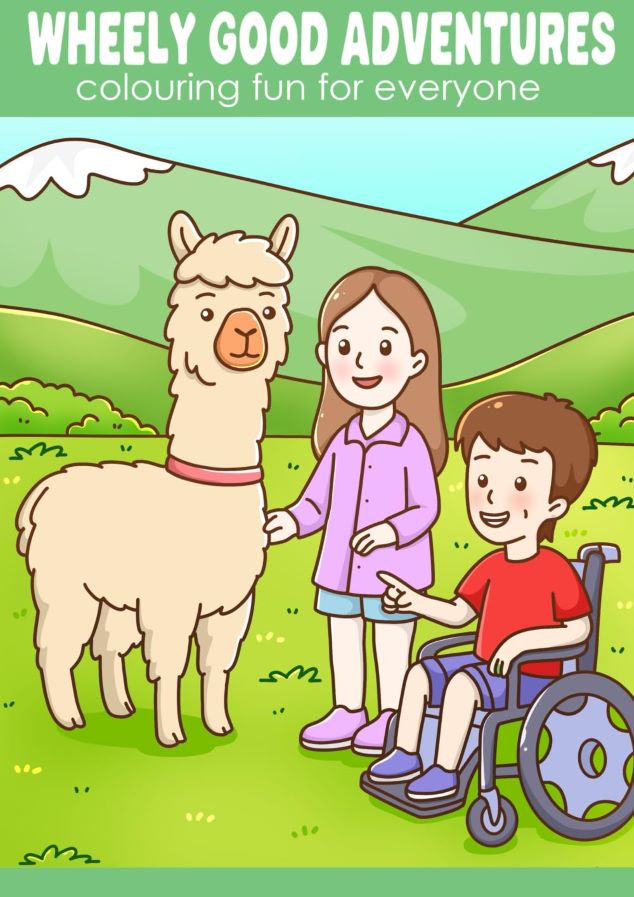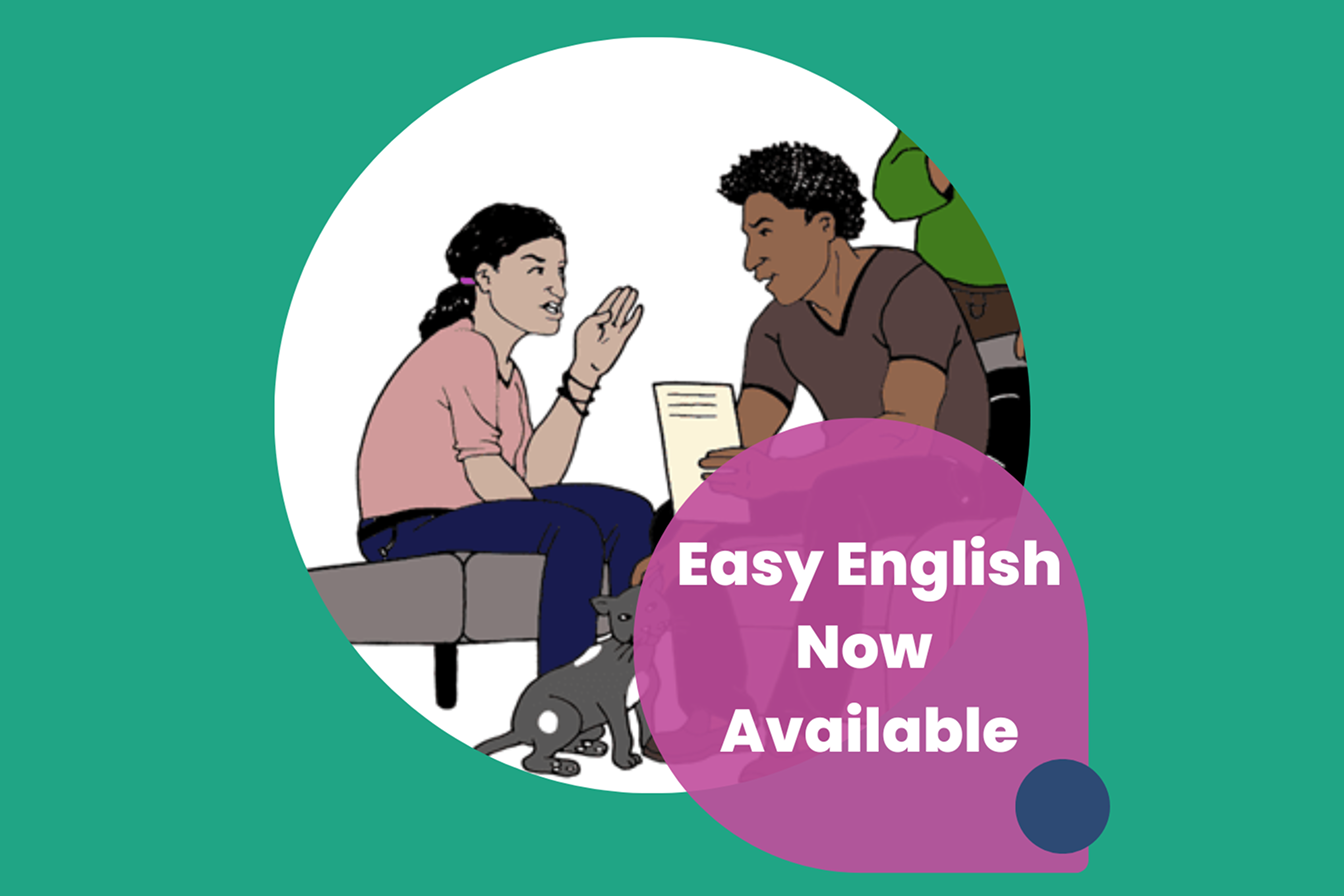Parenting with Cerebral Palsy was "uncommon"
When Debbie became pregnant, it was quite isolating as she didn’t have any contact with anyone who had CP, and there were few support groups around such as What’s App or Facebook to connect with others.
“When my oldest was very little I was in a disability chat, I can't even explain how it worked, it’s like a chat room…the Internet didn't evolve so much since then [and] doesn't kind of exist in that same way anymore…That group was just nice to have kindred spirits. They were all mums, not necessarily with CP, just mums with disabilities having kids.”
Approaching Reproductive Health and Pregnancy with Cerebral palsy
Just because you have CP it does not mean there is specific set of pregnancy ‘rules’ to follow. Your healthcare provider can support, treat, and advise you about many health decisions before, during and after the pregnancy journey.
For Debbie, this was initially a nerve-wracking time, as her Gynaecologist had never cared for a pregnant patient with CP.
“He was actually very nervous…I realized if he could have said to me ‘can you go to someone more specialised’ he would have, but he realized that that wasn't the right thing to do. He sort of sucked it up and realized he was gonna learn on the job!”
Debbie planned to have a natural birth, with a ‘see how we go,’ attitude (with the option for a Caesarean) but she ended up delivering naturally.
The Health Impacts of pregnancy
In her first pregnancy Debbie experienced some physical changes, what she referred to as “hiccups,” but she was unsure if she was feeling sciatic pain. She had an inkling that “something was going on,” and recalls her mobility may have begun declining.
“I was just 30 when I had my oldest, so that's often a time when people feel their mobility starts declining; and I could get away with pretending it wasn't happening, because then I had a pram to push. That's something to lean on and to balance on.”
Maintaining physical mobility is very important with CP, especially when you are a parent, and looking after herself when she was younger is something that Debbie has some regrets about.
“I think it's a long uphill climb if you let yourself decline to a point and then have to try and balls it back up which I’ve done in the last couple of years.”
Everyone’s bodies are different, and each presentation of CP can vary considerably, particularly in pregnancy.
“Mechanically there are not a lot of things you can do to make the physical part of it easier. For me, a big issue was getting a pram in and out of a car and I couldn't have found a way to make that easier.”
Accessible and Adaptable baby and Parenting products for All
Since Debbie has had children, she says that there are more adaptable and accessible items in the baby care product industry that cater for everyone. This is a positive step for Disability inclusion and generally makes life so much easier for parents and less daunting.
“One of the other things that was sort of quite scary was how to hold the baby in the bath. But now you can get amazing bath chairs for babies…there isn’t that risk anymore.”
Children of parents with CP also learn to adapt quickly to what their parent’s individual physical capabilities are. Parents should not feel ashamed or guilty about this.
Debbie recalled that her children learned early as soon they could walk, that she was not going to be ‘nagged’ by them asking to be picked up constantly because of her mobility limitations.
“They only got picked when they need to be picked up, to be moved to move or to be changed…Not just to be picked up because they wanted a cuddle, that they wanted a cuddle or were lazy to walk, it just wasn't an option. They held my hand and they walked.”
Keeping Explanations of Cerebral Palsy simple for Children
Upon reflection, Debbie was unsure whether her children were curious about her Disability, or whether classmates were asking about it. She said that it was easy to just keep her explanations simple for them.
“I think I might have spoken to my kids more [about my Cerebral Palsy]. They came to me occasionally with questions that people at school had asked them.”
“I kept it really really simple. It's just easier not to give them the label, just give them an explanation.”
Debbie says pregnancy and parenting with CP is do-able and has its challenges and she feels that her children are better people because of it.
“My family don't notice my disability which in a lot of ways is really really good, but now that I’m getting older, I’m getting more tired and things are taking longer and are harder; it's become very hard for me now to ask for help…and because they've grown up thinking I can do everything they don't think about it.”
“Your kids are not going to be any worse off for you having a Disability, if anything they're going to be more empathetic, outward focused kids that realize that people are different.”
You can watch the full CP Diaries episode here:

CPSN




